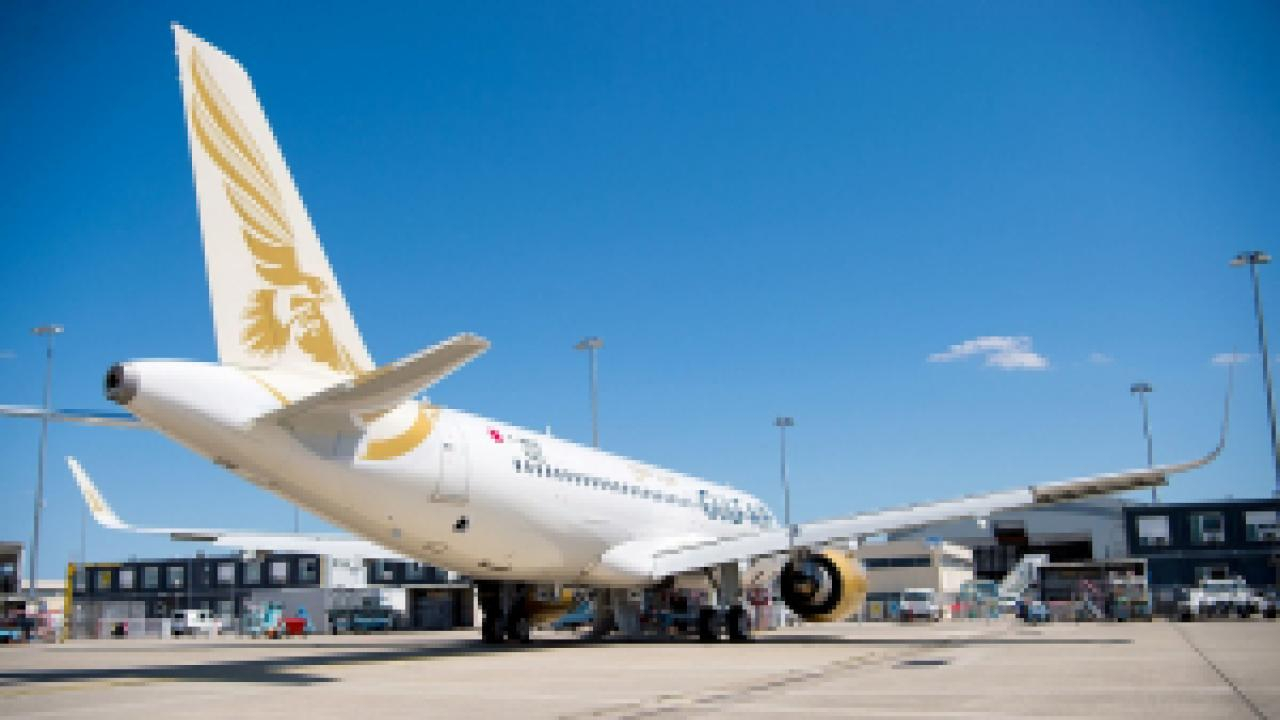Istanbul Aircraft engineers forum warns of undermining standards

“Unfortunately it is a cause for concern that Licensed Aircraft Maintenance Engineer unions and associations around the world are increasingly having to fight tooth and nail to maintain the bare minimum acceptable levels of safety and standards” says Fred Bruggeman, AEI General Secretary. “Some of the evidence presented to delegates highlighting outsourcing shortcomings was truly shocking”.
During congress Aircraft Engineers were also informed of an upcoming EASA working group dealing with qualifications and manpower within the heavy (base) maintenance environment. “The concern here is the safety chain, which is already stretched by outsourcing, will snap if there is any further dumbing down of the aircraft engineers supervisory role” continued Mr Bruggeman.
In addition, investigations by affiliates into the non‐reporting of defects continues to confirm that defects are often written into the aircraft technical log book at a base where maintenance can be performed rather than entered when the defect occurs. Congress remained adamant that maintenance of convenience cannot be justified at all as it is clearly unsafe. AEI urges regulatory authorities to be more vigilant in this area.
Additional concerns raised by delegates is the increasing willingness of unqualified personnel to sign off defects. In fact information was received during congress of an Australian airline manager who actually certified for having performed scheduled maintenance whilst the aircraft was still flying. That manager went home leaving the signed off work package in the office. This ongoing situation is a stark reminder that whilst airlines and maintenance organisations are constantly looking at ways to reduce costs, we all have a responsibility to ensure that commercial pressure is never allowed to compromise safety.
Therefore the news that EASA is planning yet another working group to deal with the “aircraft certificate of release to service” is cautiously welcomed. Airlines have long been campaigning that they alone remain responsible for all aspects of operating aircraft. With such responsibility however also comes accountability and so the real question is whether airline managementis robust enough to withstand the constant pressure brought about by having to attain economic commercial targets.
Aircraft Engineers check and certify that every operational aircraft is safe to leave the ground.Current regulations demand that a passenger aircraft cannot “return to service” after maintenance unless a Licensed Aircraft Maintenance Engineer “signs off” that all work has been performed to the required standard. This places aircraft engineers right at the centre of the tension between profits and safety being however the guardian of the latter. AEI remains convinced that safety and the public interest is best served by continuing with this approach.
With airlines insisting that “safety is paramount”, AEI challenges airline management to fully support these “guardians of air safety“ in the performing of their extremely difficult task instead of all too often vilifying them.
Stay up to date
Subscribe to the free Times Aerospace newsletter and receive the latest content every week. We'll never share your email address.

